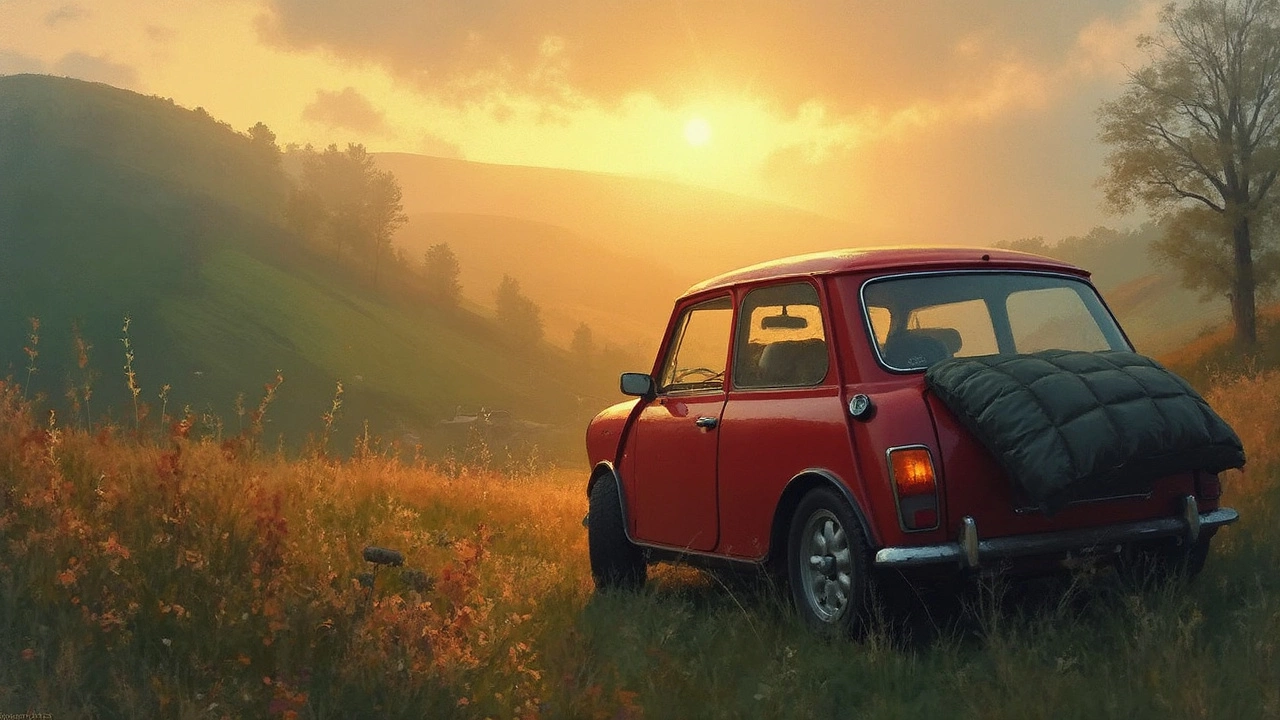Car Camping Laws: What You Need to Know Before You Sleep in Your Vehicle
If you plan to park your motorhome or car and catch some Z's, the first thing to check is the local law. Sleeping in a vehicle might feel like a free night, but different areas have very different rules. Knowing the basics can save you a ticket, a warning, or even a tow.
UK Car Camping Rules
In England, Scotland, Wales and Northern Ireland you can usually rest in a vehicle for up to 12 hours in a public place, as long as you’re not camping. The law calls this ‘overnight stopping’ rather than camping. If you stay longer than a few hours, police can ask you to move. Some council streets have signs that specifically ban overnight parking – look for a blue ‘No Overnight Parking’ sign.
National parks and many popular camping spots forbid sleeping in a car on the grass or by the roadside. The safest bet is to use designated car parks, service stations, or official motorhome bays. Many large supermarkets and some railway stations allow a short stay, but they often limit it to two hours.
Stealth camping – pulling into a secluded lay‑by and staying out of sight – is a grey area. If you’re spotted by a ranger or a local, they can ask you to leave or issue a fine. To keep it low‑key, keep lights off, stay quiet, and leave no trace.
US and Other Countries
In the United States the rules vary by state, city, and even by private property. Many states treat a motorhome like a tiny house, allowing overnight stays in designated RV parks without issue. Outside of those parks, you’ll find that Walmart, Cracker Barrel and some truck stops quietly permit sleeping, but they can change the policy at any time.
On public land, national forests often allow dispersed camping for up to 14 days, but you must be at least 100 feet from water sources and roads. State parks usually require a campsite reservation, and parking lots are typically off‑limits for sleeping unless marked otherwise. Always read the posted signs – a simple “No Overnight Parking” can mean a $100 fine.
Europe has stricter rules in many countries. In Germany, you can rest for up to 24 hours on a highway rest area, but you can’t set up a tent or use external power. France allows a short stay in a car on public roads, but you must move within an hour after sunrise if you’re not at a designated campground.
Bottom line: before you pull over, check the local council website, a parking app, or a trusted camping forum. If you’re unsure, head to a service station or a designated motorhome site – it’s worth a few extra minutes to avoid a hassle later.
Remember to keep your vehicle clean, turn off any lights, and respect neighbours. A polite approach can often prevent a confrontation and keep the road friendly for everyone who loves a night under the stars.
-
 VIEW POST
VIEW POSTIs It Legal to Sleep in Your Car in the UK: Camping Rules You Need to Know
Mar, 23 2025|0 CommentsSleeping in your car might seem like a simple solution when you're exploring the UK, but the legalities can be tricky. Depending on where you park, the rules can vary. In some areas, it's perfectly legal, while others might hand you a fine. It's important to know the local regulations and respect private property to avoid any trouble. This article explores everything you need to know about catching some Z's in the comfort of your car while touring the UK.